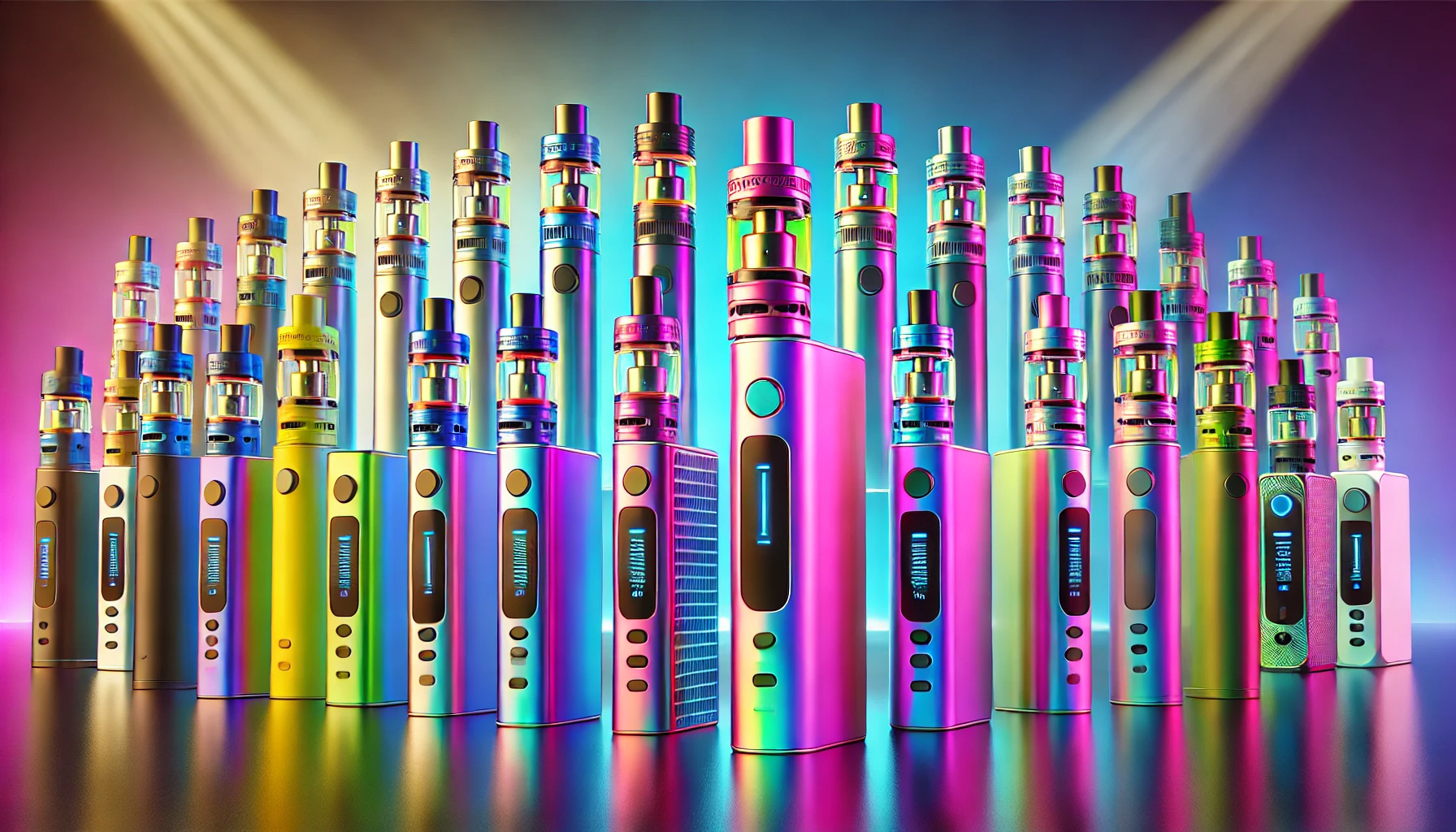Will there be restrictions on flavor-infused vaping by the end of the year? What we know is as follows:

More information regarding restrictions on flavor-infused vaping products is anticipated “soon,” according to the federal government, which might mean within the next month, according to one government source.
In 2021, Ottawa pledged to enact laws that would forbid the addition of flavours to e-cigarettes other than tobacco, mint, and menthol.
Three years later, there are no such nationwide limits, but the pledge has persisted despite a larger federal effort to curb the sale and allure of novel kinds of nicotine to young people.
When questioned about the pledge in a statement to Global News, Ya’ara Saks, the minister of mental health and addictions, said the commitment is still in place and that the delay was partly caused by the desire to guarantee a national framework.
Saks’ office cited Quebec as an example, claiming that the province’s prohibition on flavor-infused vaporisers created an easily accessible black market. It also stated that the plans of other jurisdictions will guide future measures.
The sale of any vape is prohibited in Quebec, with the exception of tobacco-flavored and flavourless vapes.
According to Canadian Cancer Society senior policy analyst Rob Cunningham, immediate action is required.
“All of these appealing flavours shouldn’t be available in a way that leads to young people developing addictions,” Cunningham stated. E-cigarettes are causing a new generation of children to develop a nicotine addiction.
In September 2023, Statistics Canada released the Canadian Tobacco and Nicotine Survey, which revealed that one-third of 15 to 19-year-olds and nearly half of young adults aged 20 to 24 had tried vaping at least once.
Additionally, the poll revealed that nearly 40% of respondents aged 15 and older who vaped within the 30 days before to the survey’s administration reported never having ever smoked.
What kind of limitations might be possible?
Saks’s office stated that they must has spent the last year collaborating with tobacco control organisations, including meetings as recently as this month.
According to Cunningham, a nationwide prohibition is necessary since it would address online sales, interprovincial shipping, and the possibility of the Canada Border Services Agency handling goods that come in from other nations.
However, advocacy organisations for vaping, such as Rights4Vapers, claim that a complete ban would cause individuals to resume smoking cigarettes and would also lead to the emergence of an illegal market.
According to Maria Papaioannoy, a representative for Rights4Vapers, flavours were outlawed in Quebec, one of Canada’s largest provinces, yet nothing has changed. There are flavours available. The illegal black market exists and is flourishing.
Many students who vaped said they do so because they are anxious, stressed, or depressed, according to the U.S. Centres for Disease Control and Prevention.
Therefore, rather than being reactive and theatrical, we need to examine these issues more closely, she stated. The truth is that children will turn to the illegal market if tastes are prohibited.
According to Sam Tam, president of the Canadian Vaping Association, this kind of action by vapers is why attention should be directed towards bolstering retail enforcement, including making sure that penalties for selling to minors are severe.
According to Tam, those who intentionally sell to children will reconsider their conduct before engaging in non-compliant sales practices.
A few weeks after anti-tobacco health groups urged Saks to enact a ban quickly or step down, the government source’s remarks on Tuesday are the closest thing to a definitive deadline.
The organisations accused the business of meddling in a ban on flavor-infused vape goods and claimed that provinces were suffering due to a lack of federal leadership on the matter.


